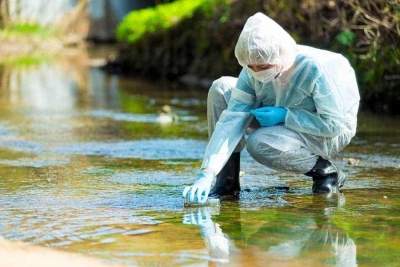
Science has made progress in leaps and bounds over the years. Something such as the revival of an extinct species might have seemed possible only in our dreams. But today, thanks to science, several extinct species can be brought back to life. This process called de extinction and is mostly done through gene editing.
Gene editing or genome editing is a group of technologies that give scientists the chance to change an organism’s DNA by adding, removing or altering gene material at particular locations in the genome
One of the more recent gene editing technologies is called CRISPR-Cas9, short for Clustered Regularly Interspaced Short Palindromic Repeats. The system is believed to be more secure, faster, cheaper, more accurate and more efficient than any other gene editing methods. Currently, most of the research is on understanding diseases using cells and animal models, Scientists are still trying to find out if it is safe and effective to use gene editing in people. While genome editing is of great interest in the treatment and prevention of human diseases such as sickle cell disease and hemophilia, there are ethical concerns about its use.
If fallen into the wrong hands, it can alter a person’s characteristics and mess with the way the person was born. It can suddenly make someone taller or leaner and can become more for cosmetic than for health reasons. Gene editing can also impact the future generations of the person who undergoes it if the editing is done to genes in the germline cells (egg and sperm cells)
Genome editing is also currently used for genetically modified (GM) food-food that grows from an organism whose genes have been altered. While scientists argue that GM foods are as safe for humans as conventional foods, people have been careful Questions have been raised about the safety and regulation of such foods and many countries have either banned their use or are making such foods go through strict regulation.
While the idea of gene editing is to tackle diseases, make food and crops cheaper, and bring back extinct species and their roles, it is a way of messing with what is naturally found on Earth using science. So, is it really necessary? May be or may be not.
Picture Credit : Google




